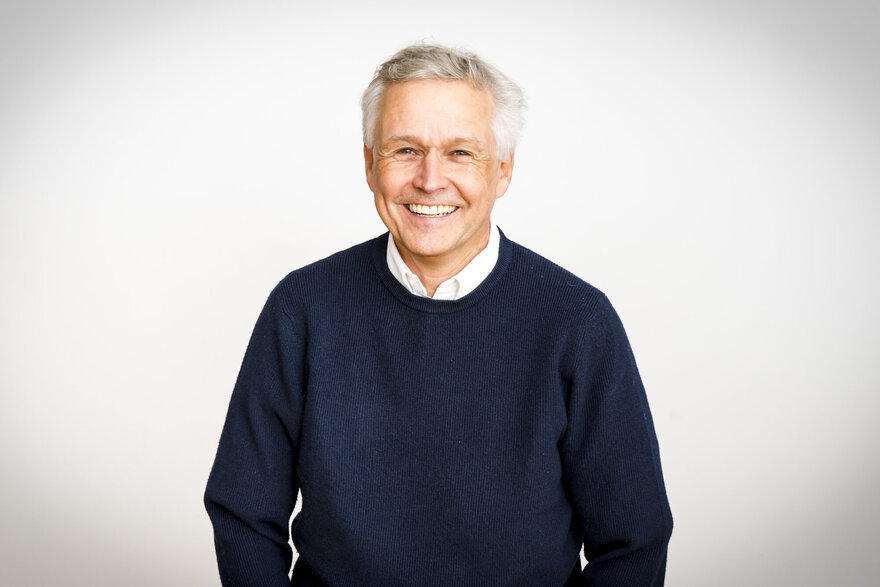Gerhard Graf
Learning is the most fun game in life!

It was my good fortune that I was able to build up my basic skills with two excellent teachers. Firstly, as an assistant to Heijo Rieckmann (holder of the Chair of Organizational, Personnel and Management Development at the University of Klagenfurt), who introduced me to the world of organizational and group dynamics and, derived from this, the targeted design of change processes, and secondly, as a doctoral student with Stephan Laske (Chair of Human Resources Management and Business Education at the University of Innsbruck), who gradually introduced me to the conceptual tools and the joy of penetrating difficult subject areas through constant challenge and encouragement.
Equipped in this way, I began my first attempts at consulting at the in-house consulting department of a well-known German industrial group. My move to a small strategy consultancy in St. Gallen finally gave me the tools and enthusiasm to start Transformation Management AG. Despite all the difficulties and challenges, I am very glad I made this decision.
I really enjoy working with our clients to tackle the challenges of today's companies, which are tangible in the terms VUCA and Dynaxity. Finding new ways, thinking about and considering suitable solutions and trying to develop the best solution step by step generates energy and enjoyment at work. Especially when it becomes clear that the effort is worthwhile.
The prerequisite for this is an excellent, professional and creative team with whom I can work intensively. It's great to see how we look out for each other and push each other forward, both in our personal development and in finding and developing new areas.
In my consulting work, I mainly deal with the following questions:
- How can organizations find their own path to excellence and future-proofing?
- How must learning and development processes in organizations be designed to enable this uniqueness in the market?
- Finding the best people among your own employees is a real art. What basic attitude, tools and ideas do companies need to develop this art? Only then can the claim to uniqueness unfold.
- What tools do employees need to ensure that the next development step in their career is a successful one?
- What understanding of leadership do managers need to be able to act successfully in times of increasing dynamism and complexity and how can they acquire this?
- What entrepreneurial, personal and structural risks are associated with succession and talent management and how can these be actively managed?
- How can these risks be made visible?
How must this risk management be designed so that it becomes a matter of course in the business planning and management process?